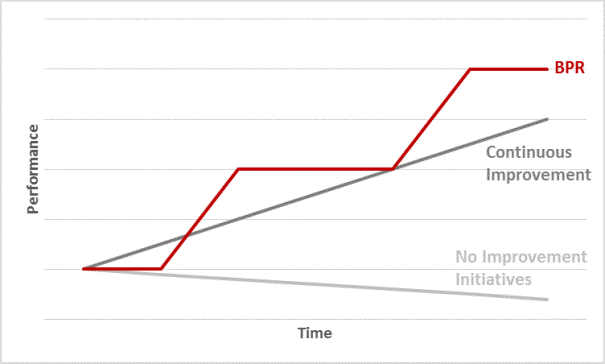Legal Process Improvement and Remote Working: What’s the Connection?

In the current climate of sudden change, many legal firms will find it challenging to transition their current paper-based processes to a remote working environment. Being that remote working will be the new normal for a while, legal firms need to reassess their legal processes in order to become more adaptable to the online world. What you also may not know is that a Legal Process Improvement project is completely achievable in the current remote working environment using a myriad of online tools such as Lucid Chart, Microsoft Teams, Microsoft Planner and One Note.
What is Legal Process Improvement?
Legal Process Improvement (LPI) is a structured approach to improving existing legal processes by:
• analysing and reviewing its existing state – how is the process currently delivered?
• identifying opportunities to increase efficiencies
• eliminating unnecessary cost and paper based processes while maintaining required levels of quality
Every task in the legal industry is part of a process, and no matter what the process , LPI will improve business outcomes by:
• adapting to industry and global change
• increasing productivity
• reducing unnecessary costs
• providing value for your clients
• providing a competitive advantage – by finding a way to do the process better, cheaper or faster.
Process mapping is a highly effective visual tool that simplifies complex or deteriorated processes to better understand improvement opportunities. We use Lucid Chart which is free for certain features but you can also use products like Microsoft Visio or PowerPoint.
Why have Legal Process Improvement?
LPI can significantly impact how efficient your processes and therefore your business operations are.
Figure 1. illustrates an imperative for regular improvement strategies to achieve better performance over time. Inversely, if processes are not improved or reviewed regularly, performance will decline over time.

Business Process Re-engineering (BPR) and Continuous Improvement are two improvement initiatives described in Figure 1.
BPR can be described as a small number of large changes that occur within an organisation in a disruptive and rapid manner.
Continuous Improvement can be described as lots of smaller changes that are implemented over time in a steady manner.
In my opinion, continuous improvement is an ideal method for improvement as:
• it becomes embedded culturally
• it results in increasing and sustainable performance in the long term
• it will significantly reduce change fatigue compared to BPR initiatives
• the BPR model does not support steady, consistent and long-term goals
Aligning Legal Process Improvement to your organisational strategy
Value is not only measured in financial terms nor should strategies be restricted to financial outcomes. There are many areas for improvement such as:
• Quality: reduction of customer complaints, maximising value to clients, reliability, ease of use.
• Technology solutions: automating/digitising of tasks, improve system flexibility etc.
• Risk reduction: improving disaster recovery, liability concerns, health and safety etc.
• Competitive advantage: dominating the legal market by framing the firm’s strategy to maximise operational and financial performance.
It is essential to develop a continuous improvement mindset in the way work is performed. When looking at a process or opportunity for improvement and innovation, what is the desired outcome?
The right strategy will require you to question the following:
• What are your core values? Does your strategy align with your core values?
• What is the firm’s agenda (e.g. growth?)
• Which processes are tired and dated?
• Which processes can deliver value quickly and increase efficiency?
• What are your processes compared to other firms – can you do it better?
• What shifts or changes are happening in the industry or world that you need to be prepared for?
LPI for survival
Moving forward adaptability is going to be key for survival and growth of legal firms. If your legal processes are not digital and periodically reviewed and improved, you are at risk.
